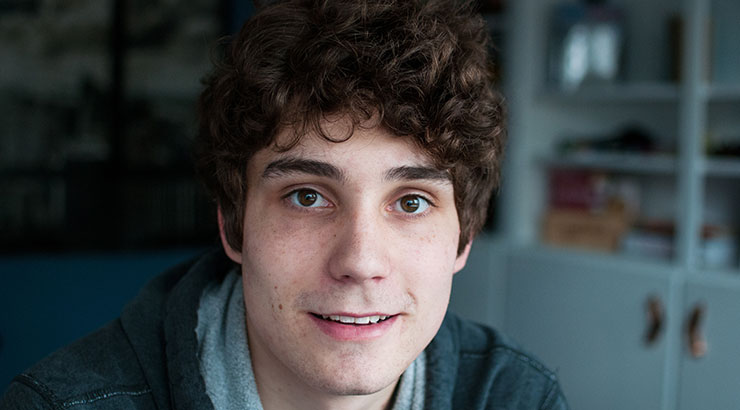Thinking Errors

Our mental well-being depends on our ability to manage our thoughts, regulate our emotions, and behave productively and responsibly despite our circumstances. This can be a challenging task for all of us at one point or another. But learning to recognize and manage our thinking errors will go a long way in helping us build mental strength.
Common Thinking Errors
Thinking errors are patterns of thinking (often automatic) that are twisted, distorted, or false. Usually we resort to thinking errors when we want to avoid or escape painful feelings, or we want to avoid responsibility and accountability for mistakes. Sometimes thinking errors are the result of inexperience, disturbed development, or lack of wisdom and maturity. It is important to recognize and eliminate thinking errors in order to have good relationships and personal functioning.
These are some of the common thinking errors:
- Blaming: When we blame someone or something else for our behaviors or problems. For example, someone might think, “It’s not my fault. Everyone in my family is rude and inconsiderate to me. How else can I act?”
- Redefining: This is shifting the focus off an issue to avoid solving a problem or being accountable. For example, a parent confronts his/her daughter about her failure to complete her daily chores. Rather than admitting this is a problem, the daughter shifts the focus by saying she has too much to do, etc. By shifting the focus, she avoids dealing with her failure to do her chores.
- Superoptimism: Believing that things are a certain way or will be a certain way just because you believe or want them to be that way. This allows you to act according to what you want rather than according to the facts of the situation. This is a form of both denial and fantasy, sometimes called “magical thinking.” Superoptimism allows us to go ahead with things without adequately considering risk, consequences, need for planning and preparation, and necessary work and sacrifice. For example, a person decides to begin a business without doing market research, looking at competition, projecting costs, etc.
- Assuming: Assuming is believing that you know what others are thinking, feeling or doing without checking the facts. Assuming is an excuse to not talk to others and to act rashly because you “know” what the other person is going to do or how they will react. For example, a teen does not invite one of her friends to a group activity because she assumes her friend would not be interested in going.
- I’m unique: This thinking error means you believe you are unique and special so the rules for others do not apply to you. It allows you to shut others out and say you do not need their help. It allows you to say that no one can understand you and that no one else can tell you what to do.
- Find other common thinking errors at https://www.psychologytoday.com/blog/what-mentally-strong-people-dont-do/201501/10-thinking-errors-will-crush-your-mental-strength.
Identify Your Thinking Errors
- Think about a recent situation that frustrated you in some way. It could be a situation at home or at work. Think about how you handled the situation. Did you use any of the thinking errors listed above? If so, which ones were they? How did they impact the situation?
- For a two or three days, keep track of your thoughts when you face situations at home, work, and other places you may be. Write down these thoughts without editing yourself. After the two or three days have passed, look at your notes. Can you identify any of the thinking errors? If so, which ones?
- Once you have identified the thinking errors you are most prone to, practice being aware of when you might resort to those thinking errors again and make a commitment to eliminate those errors. For example, if you find yourself blaming someone or something else for your behavior, instead stop yourself and identify how you were or are responsible for the situation and how you might act instead. This takes effort and practice, but as you patiently do this, thinking errors will have lesser impact on your actions.